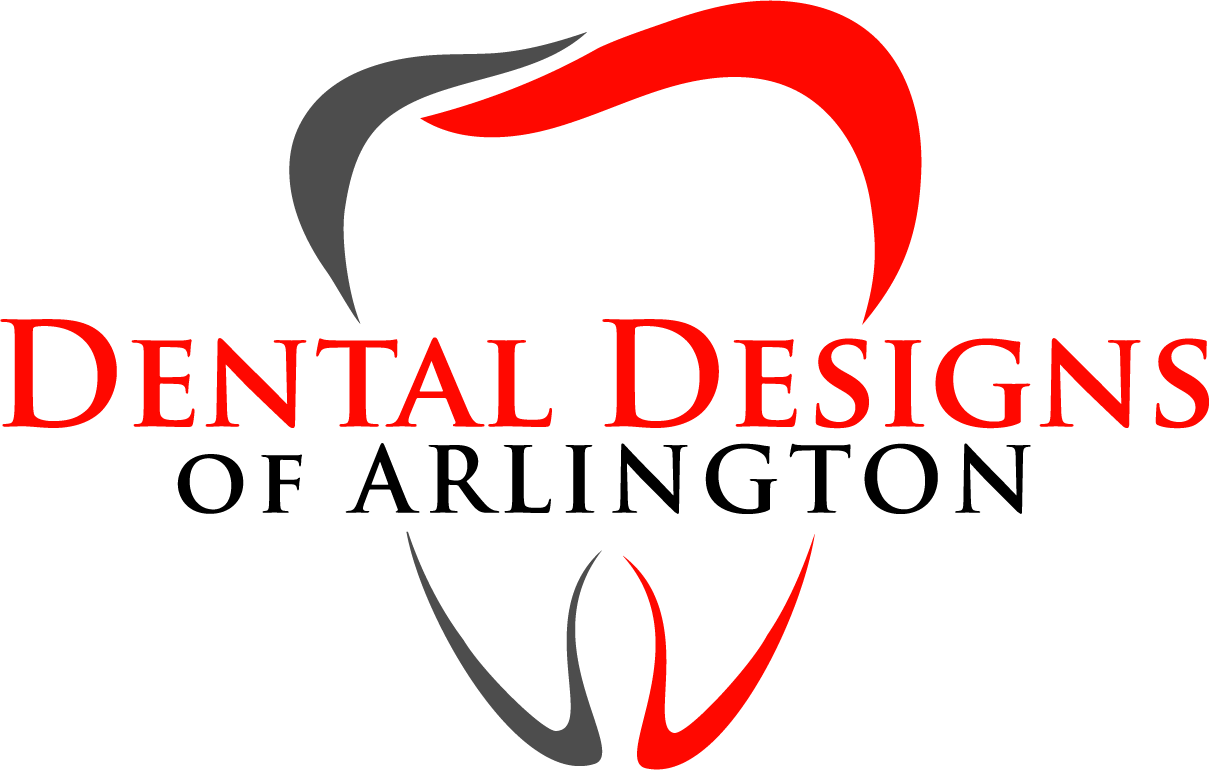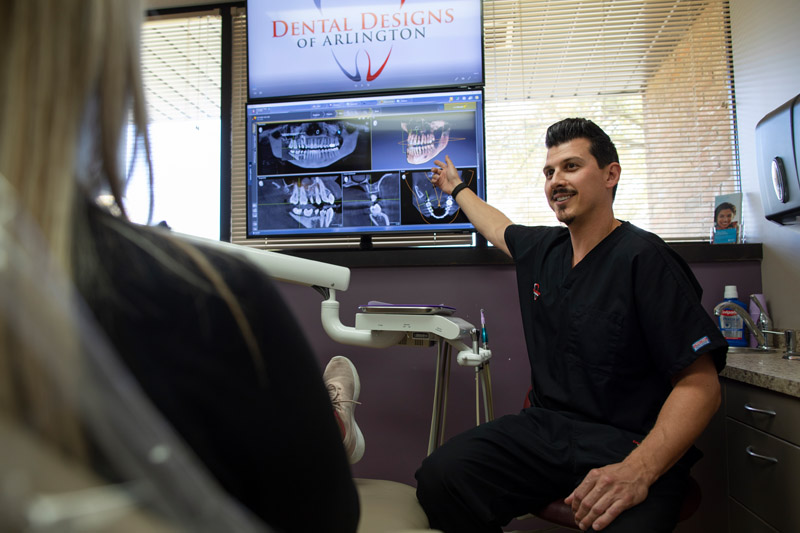
What to Expect with Dental Implants in Columbus OH
Dental implants provide the most natural tooth replacement possible. The artificial tooth comprises a titanium post that acts as the tooth root, connecting the crown to the underlying bone tissue. The result is a restoration that looks, feels, and functions like your natural tooth. It also doesn’t require any special cleaning procedures. You just need to brush, floss, and schedule regular professional cleanings like normal.
If you have one or more missing teeth, the gap in your mouth can be filled in a number of ways, including dental implants. That said, you need to visit your dentist to determine whether you’re a good candidate for dental implants.
The Initial Consultation
During your first appointment for dental implants, the dentist will review your medical history and investigate lifestyle factors that may affect your treatment, such as smoking and alcohol consumption. He will then physically examine your mouth and take x-rays, 3D scans, impressions, and photos to help design your tooth replacement and plan your treatment.
Generally, to be considered a good candidate for dental implants, the gap should have a healthy amount of gum and bone tissue. In some cases, the oral surgeon may recommend that you go through additional procedures like bone grafting to build up the bone tissue so it’s sufficient to support the implant and replacement tooth. Soft tissue grafting may also be necessary to ensure that the gums can adequately cover the new tooth root (implant).
Get Healthy for a Successful Implant Placement
The success rate for dental implants is over 95%. However, some patients are at risk of complications, especially if they smoke, consume excess alcohol, have gum disease, or are suffering from certain medical problems that prevent proper healing and timely recovery.
If the dentist identifies any oral or medical problems that may reduce the chances of a successful implant, they will try to help you manage them. Ideally, the mouth should be free of gum disease, infections, and excessive teeth wear as it could indicate bruxism (teeth grinding and clenching) that can prevent proper healing of the implant.
Please consult your dentist for a personal examination to determine if you’re a good candidate.



